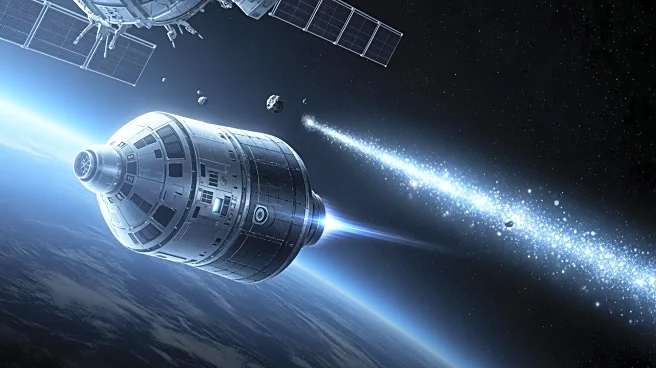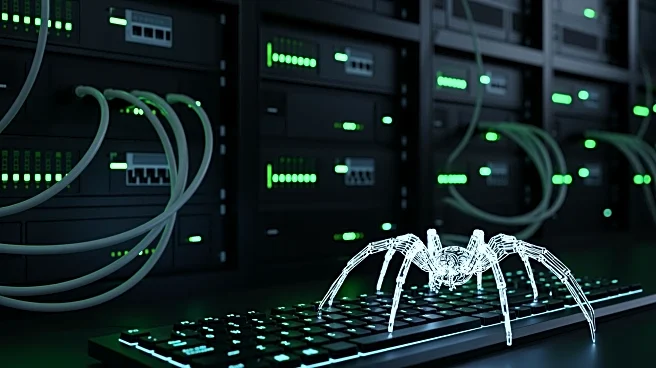What's Happening?
The return of the Shenzhou-20 crew from the Tiangong space station has been postponed due to a suspected impact from space debris on the spacecraft's return capsule. The China Manned Space Agency (CMSA)
is conducting an impact analysis and risk assessment, with no updated return date provided. This incident marks the first time a return has been delayed due to space debris, highlighting ongoing concerns about space safety. The Shenzhou-21 spacecraft is available to return the crew, and CMSA has announced future missions to support the Tiangong station.
Why It's Important?
The postponement of the Shenzhou-20 crew's return due to space debris underscores the growing challenges of space safety and debris management. As space exploration advances, the risk of debris impacts increases, necessitating improved safety measures and international cooperation to address these issues. The delay highlights the need for robust debris tracking and mitigation strategies to ensure the safety of astronauts and spacecraft. This incident may prompt further discussions on global space policy and the development of technologies to manage space debris effectively.
What's Next?
CMSA is conducting a thorough impact analysis and risk assessment to determine the next steps for the Shenzhou-20 crew's return. The agency may utilize the Shenzhou-21 spacecraft to bring the crew back safely. Additionally, CMSA has announced four missions in 2026 to support the Tiangong space station, including crewed missions and the installation of a new module. These developments indicate ongoing efforts to enhance China's space capabilities and address safety concerns related to space debris.









